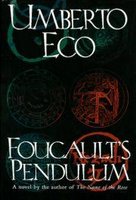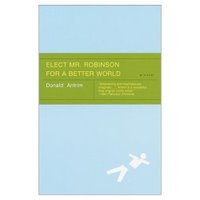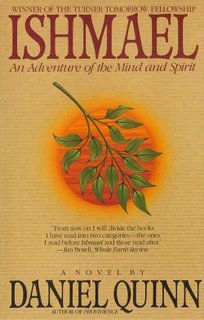 Shade
ShadeNeil Jordan
At fifty years old, Nina Hardy is murdered by her childhood friend, George. This event, narrated with singular poetry by Nina's ghost, is presented to us on the first page; I ruin no surprises here. The point of this novel is not the murder itself but the history behind the act. What led George to slit Nina's throat, hack off her head, then hide her body where it would never be found? What monster could do this to his friend?
Our first impression of George the Monster is soon dispelled by Jordan's entry into the childhoods of four Irish children making their way in the world. As an only child, Nina lives in an imaginative world peopled by dolls and ghosts. She soon makes some real enough friends: Janie and her brother, George, poor kids who live behind her great manor. George is slow, dull-witted, but that doesn't stop them all from becoming fast playmates. Soon, Nina is joined by her half-brother, Gregory, and the group is complete. We follow these four characters from their earliest youths to Nina's murder fifty years later; only then do we learn the reasons behind George's actions. In the meantime, these characters endure war, grief, love (and what love! oh my, oh my!), and turmoil. We come to know these characters not as characters, but as people.
Stylistically, the book is a masterpiece, weaving narrators and periods together like a seamless tapestry. For anyone interested in writing, consuming Jordan's work with an eye to the technical is a must. Unfortunately, his narrative technique is something I could only marginally observe, so wrapped up was I in the beauty and poetry of the story, so I must return to this aspect of the book later.
For me, Shade was more about its beauty than its message. However, the novel is a good illustration that a horrific deed does not always mean the perpetrator is wicked. Over the course of the novel, we see the beauty of George's character, and we learn that not all monsters deserve such a label.
In a nutshell: A beautiful, surprising work. Shade reads like poetry at times, but is a mystery at heart. A must-read.
Bibliolatry Scale: 5.5 out of 6 stars








